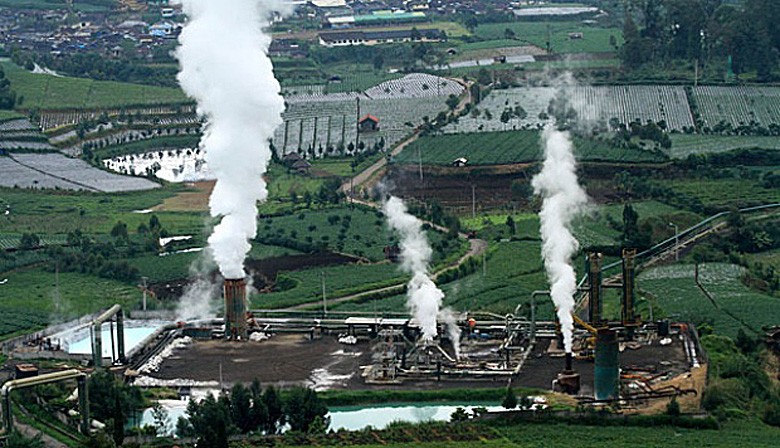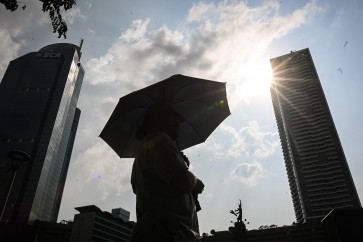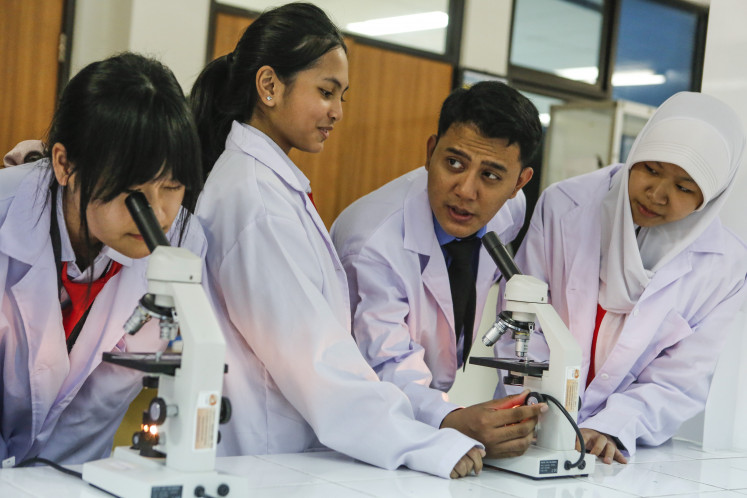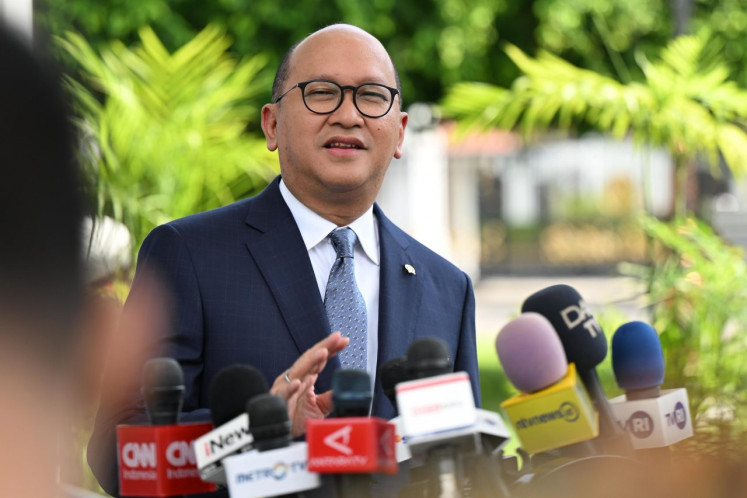Popular Reads
Top Results
Can't find what you're looking for?
View all search resultsPopular Reads
Top Results
Can't find what you're looking for?
View all search resultsIncentive cut discourages investment in renewable energy: Expert
Change text size
Gift Premium Articles
to Anyone
A
plan by Energy and Mineral Resources Minister Ignasius Jonan to cut incentives for the development of new and renewable energy sources is being criticized because it will discourage investors from putting their money into this sector.
“The objective of the subsidy is to encourage the growth of new and renewable energy. Even with the current subsidy, the progress of new and renewable energy is sluggish,” said ReforMiner Institute executive director Komaidi Notonegoro on Sunday.
The government would not significantly curb its overall spending by cutting the renewable energy subsidy because renewable sources only satisfy some 14 percent of the total energy demand in the country, he added.
If the government wants to cut subsidies to make itself more efficient, it should cut the diesel fuel subsidy instead, he said, adding that the price of electricity from a geothermal plant is Rp 1,200 (1 US cent) per kWh, while the price of electricity from a diesel-fired plant is between Rp 3,400 and Rp 4,000 per kWh.
(Read also: Indonesia looks to UAE for cheaper renewable energy)
“If the government cuts the diesel fuel subsidy and shifts it to new and renewable energy, it will significantly encourage the development of new and renewable energy,” Komaidi said as reported by tribunnews.com.
He said hydroelectric dams supplied 8 percent of renewable energy, making them the largest contributors because hydroelectricity has been developed for a long time, followed by geothermal plants that contribute 4 percent, while the remainder comes from other new and renewable sources.
Jonan previously said that the industry does not need incentives to develop the new and renewable energy sources that are expected to meet 23 percent of the country's energy needs within a few years. (bbn)










